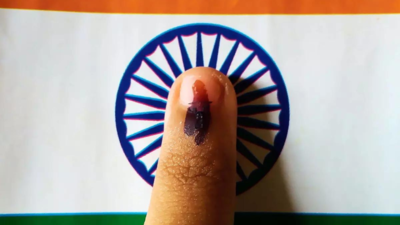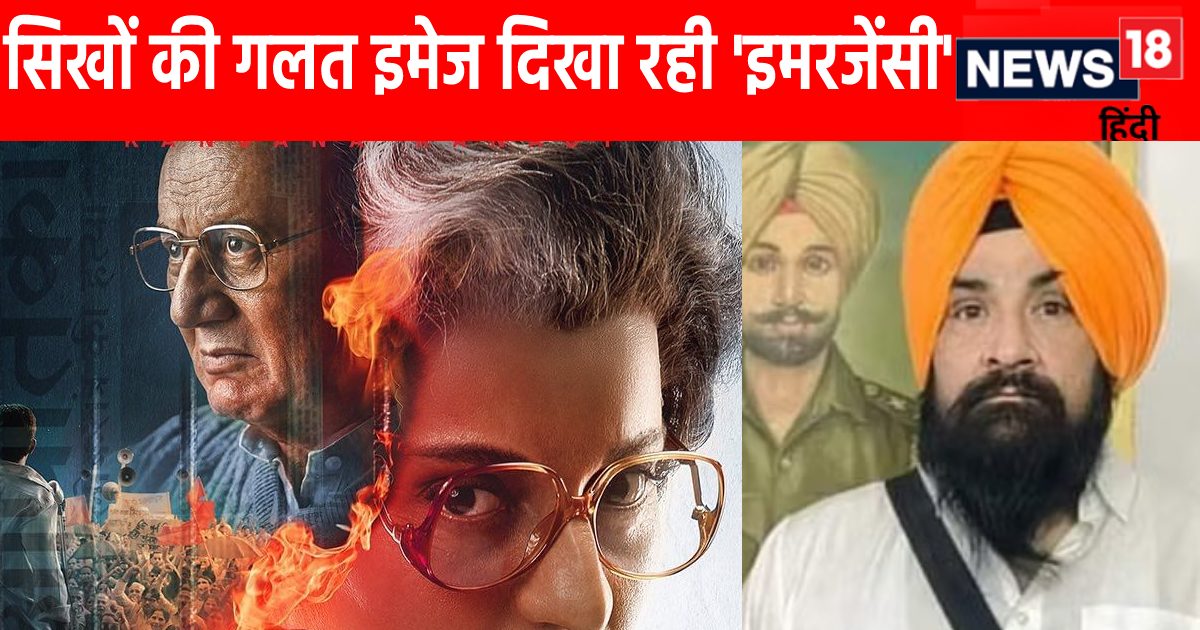NEW DELHI: Can the country return to elections with ballot paper? What’s the cost-benefit of one-nation-one-election (ONOE)? How many phases will be required to hold nationwide simultaneous elections and what will be the effect of model code of conduct imposed for such polls on the economy, foreign direct investment and development? How does the expenditure on polls get reduced with ONOE, particularly if 10 states were to have mid-term polls?
These are among the nearly 40 queries raised by MPs in the joint parliamentary committee studying the Constitution (One Hundred and Twenty-Ninth Amendment) Bill, 2024 and the Union Territories Laws (Amendment) Bill, 2024, proposing simultaneous Lok Sabha and state assembly elections, followed by local body polls in the next 100 days. The questions have now been forwarded by law ministry to Election Commission for inputs, sources told TOI on Wednesday.
A senior EC official told TOI that the poll panel will submit its response “in due time”. In any case, the official added, EC has fielded most of these queries in its earlier inputs to law ministry and the ONOE panel led by former President Ram Nath Kovind. The poll panel had, during its consultations earlier with the Kovind panel, given a detailed estimate of the EVMs/VVPATs, manpower, polling stations and budget required to hold simultaneous elections, while insisting on suitable lead time to hold simultaneous polls. “We will see what more is to be shared,” said the official.
Among the important questions is how expenditure on elections will get reduced with simultaneous polls. “The stress seems to be on quantifying the savings,” said an officer.
Besides seeking a cost-benefit analysis, the MPs want a comparison of expenses on holding separate and simultaneous Lok Sabha and assembly polls.
An estimate of additional resources, EVMs and manpower required to hold simultaneous polls has also been sought. More pinpointed queries include the cost of simultaneous polls as a share of GDP.
Inputs have also been sought from EC on an MP’s query regarding the cost of diverting govt staff for poll-related training, which starts a year ahead of polls, and election duties, and who will bear the losses on account of their absence from normal duty.
Among the non-finance questions are how the municipal and panchayat polls will be tied with parliamentary and assembly polls. A commission official however said holding local body polls is not its mandate. Another query relates to whether using two EVMs in a polling station will pose a problem and what if the EVM for Lok Sabha poll and assembly poll record different voting figures; an EC official said this is the normal practice when state assembly polls are held along with general election to Lok Sabha.
Yet another interesting query that the law ministry has conveyed to EC is as to why the One-Nation-One-Election Bill does not include an amendment to give model code of conduct legal sanctity, as recommended earlier by National Commission on Working of the Constitution.




